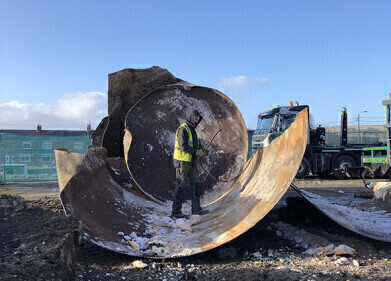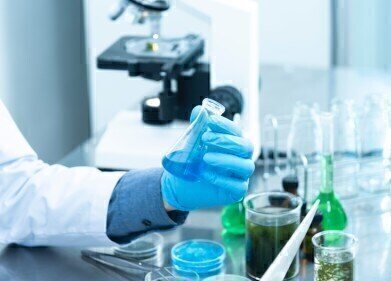Soil remediation
ACT - Automated Chemostate Treatment Technology is the Next Generation in Bioremediation Solutions for Refineries
Jul 14 2008
mechanical steps, which are also complicated and very expensive. ACT, the new solution from BPC (USA), uses pioneering technology to deliver a process which is much simpler, more cost effective and exceptionally easy to implement. ACT technology directly addresses the three main drawbacks of conventional water treatments in refineries: Firstly, there is no longer any need to reactivate biosludge.
Secondly, various, very complex but highly critical operations are no longer required, creating a streamlined much shorter process that significantly cuts cycle time such as the elimination of the DAF stage. ACT does away with the creation of black sludge. Thirdly, the simplicity of the ACT process allows for major infrastructure savings.
This very measurable saving in process stages and time directly results in exceptional cost reductions as well – as much as 30-50 percent savings have been demonstrated. Furthermore, all this translates
into reduced manpower and real estate requirements. The scientific concepts behind ACT are the application of an appropriate bacterial cocktail for a given type of polluted water, and an innovative
chemostate. The process is maintained in a balanced state of bacterial growth and organic compound degradation. Thanks to the low concentration of bacterial cells, no aggregates are formed, and each bacterium acts as a single cell which increases the surface available for the process and enables biodegradation at a much higher efficiency. The fully automated system is comprised of a variety of on line sensors which feed the control unit information on various parameters such as: TPH, nitrogen, dissolved oxygen, TOC and temperature. The controller ensures to maintain optimum process balance between the flow rate, bacterial growth, additives and organic compound degradation.
Unmatched, Reliable High Quality Results. The ACT process always has a happy ending: The output, which is virtually sludge-free, can be deposited directly in nature. By reducing bio-sludge handing and the creation of black sludge, as well as sufficiently eliminating nitrogen, ACT’s output meets the strictest disposal standards, requiring no further handling. Alternatively, when there is a need for recycling the treated water we generate bio sludge in minimal quantities. The quality achieved by ACT can sometimes even surpass international standards such as COD
Events
Aug 24 2025 Stockholm, Sweden and online
Aug 27 2025 Busan, South Korea
Sep 02 2025 Mexico City, Mexico
Sep 02 2025 Mexico City, Mexico
Sep 09 2025 Moscow, Russia






.jpg)





